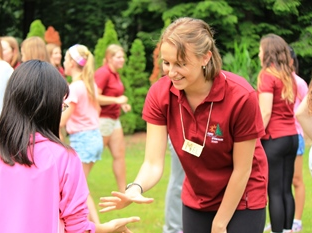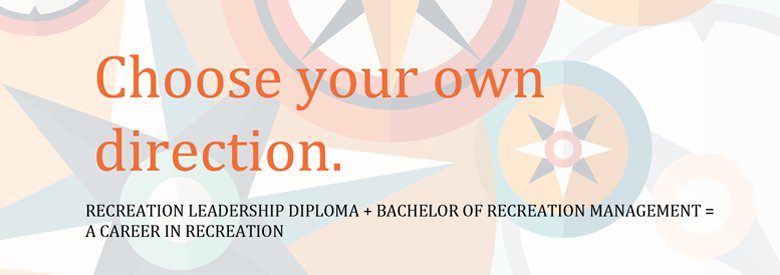Aug 24, 2017
By Shannon Wall, Instructor
Ah, summer – the most glorious time of the year, right? Time to frolic carelessly in the sun; nothing to do but lie in the grass and while the time away?
Or…not.

No, if you work in the wonderful world of recreation, then it is much more likely that your summer is Busy with a capital B. It is likely chock full of events, programs and camps. Summer bursts at the seems with activities, demands, requests. It is a seemingly never-ending “To Do” List.
Amidst all this activity, how do we, as recreation staff, stay motivated at work over the course of a long (and hopefully hot) summer?
Some of the groups I’ve been working with lately have been wrestling with this question, so for this summer’s “5 Hits of Recreation”, I’ve been giving it some thought and talking to recreation professionals about how they stay motivated.
Some people think it’s as easy as taking lots of breaks for yourself, so that your tank never gets too empty. Others suggest adding some serious F.U.N.N. (Functional Understanding Not Necessary) to your work place, so that everyone is more relaxed and feels happy to be at work. Still others suggest rigorous planning at the start of the summer (when you have lots of energy) so that you don’t run out of ideas by the end of summer (when you don’t have a lot of energy!)
But the idea that I found most compelling in my search for great ideas to keep the motivation going was to try to carve out some time to re-connect to the purpose of your work.
It is easy to forget, amidst the chaos of summer, why you do the work that you do. It helps to take a moment every now and then to remember that the work you do as a recreation professional makes a big difference in people’s lives. It is important work. Necessary work. High quality recreation helps connect people to each other, promotes health and wellness, and spreads joy and happiness.
If you work with children, you are doing all this and more: you are helping to build strong, resilient young people. There is a large body of research from the Search Institute in the United States that reminds us that we, as recreation staff, can do much to help support our young people – we can help them to develop internal and external assets. (http://www.search-institute.org/research/developmental-assets)

There are lots of simple things we can do to help build assets in young people: we can learn their names and listen to their stories; we can ask their opinions, and delight in their discoveries; we can give them responsibilities or help them to learn something new; we can applaud their successes and magnify their magnificence. (Jolene L. Roshikepartain; 150 Ways to Show Kids You Care) As Roshikepartain says, “Everyone in a community can make a difference in the lives of children and youth. Even if you don't think you can tackle tough problems such as a violence, alcohol and other drug use, or school problems, you can make a difference by being a caring, responsible friend for young people.”
Remember those adults in your own life, when you were young, who believed in you and supported you and encouraged you to be the best version of yourself? Well, perhaps you can be that empowering adult to a child in your community.
Connecting to the young people in your centres and your communities can help you to re-connect to the purpose of your work, and to remind you why you do the work you do. And this may be just what you need to keep yourself inspired and motivated in your work this summer.
For the full list of 150 Ways to Show Kids You Care, visit: http://www.cyc-net.org/today2000/today001211.html
For more information about the Search Institute and resources regarding Developmental Assets, see http://www.search-institute.org/
